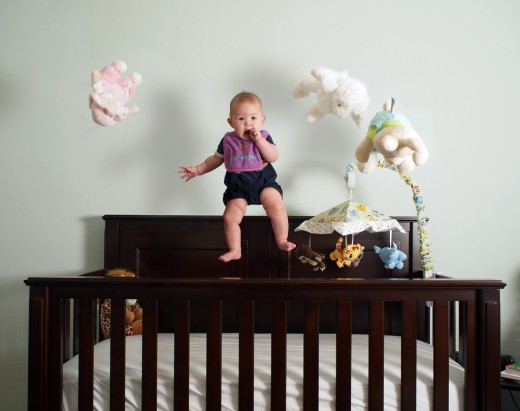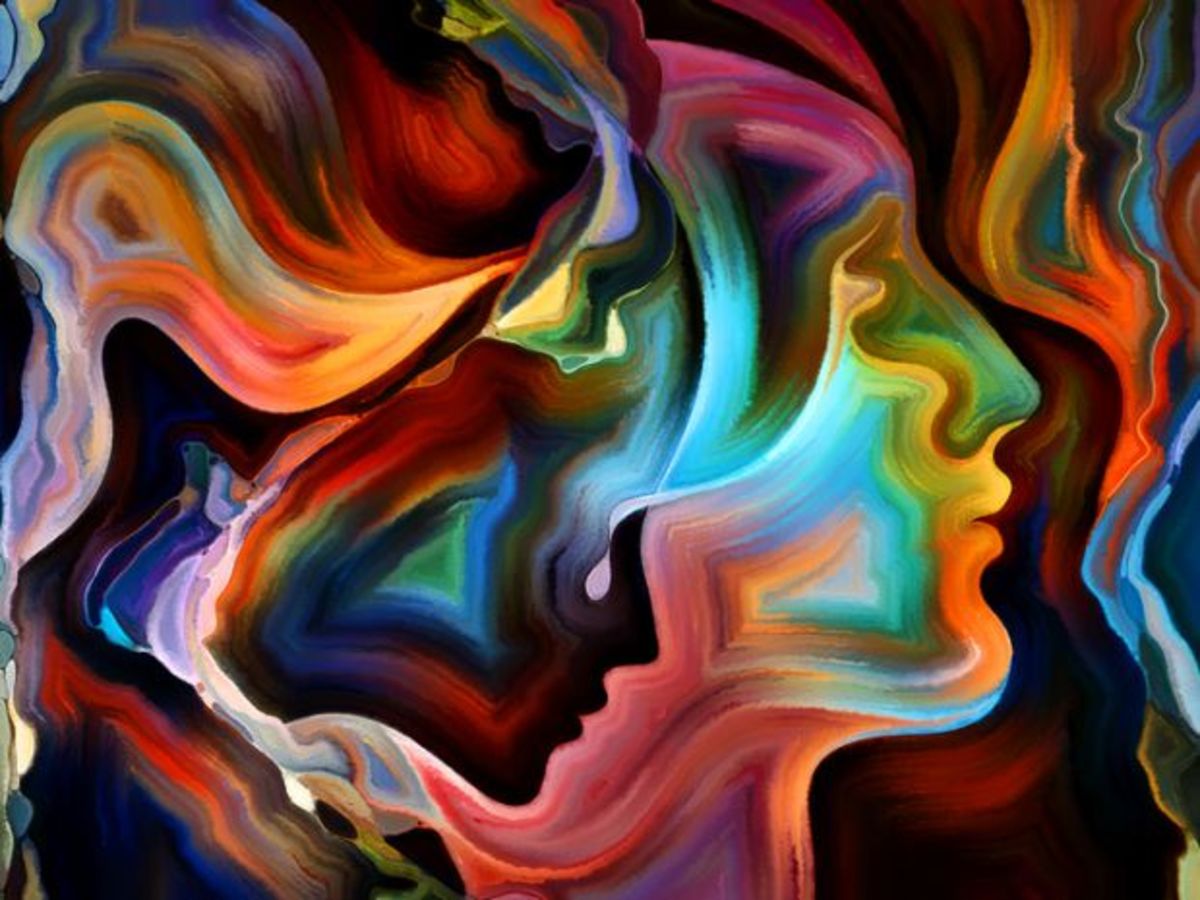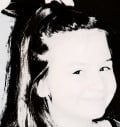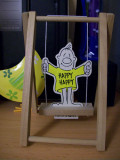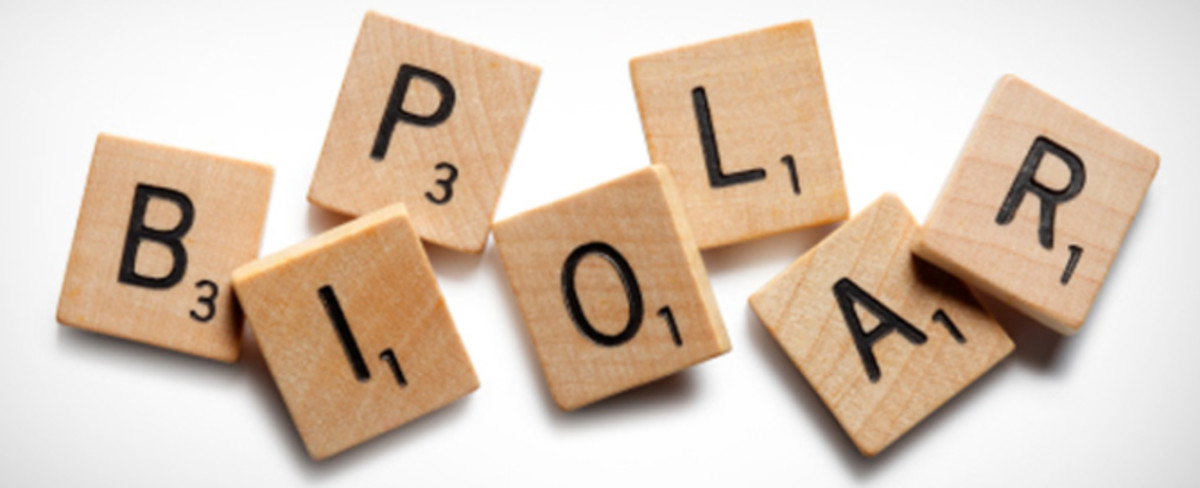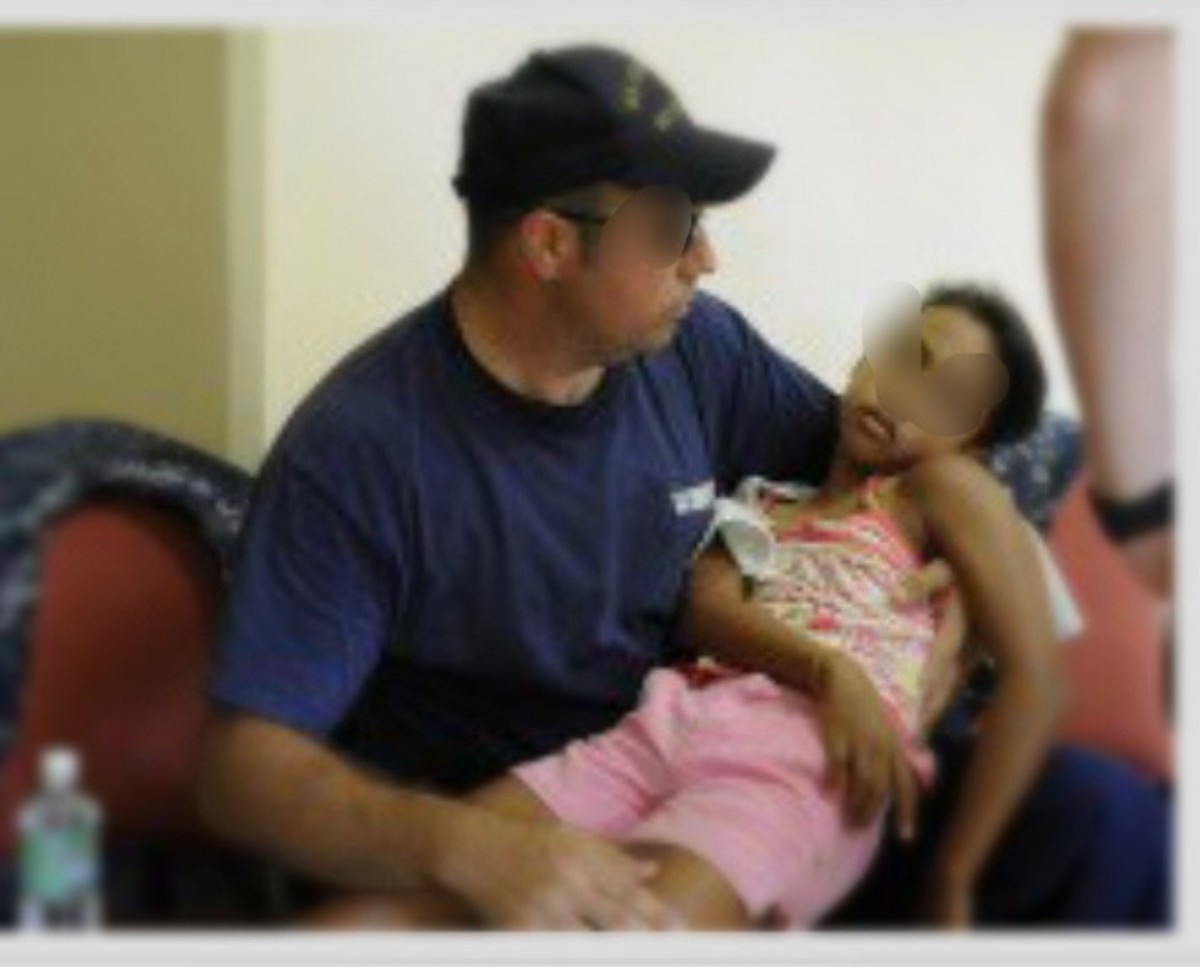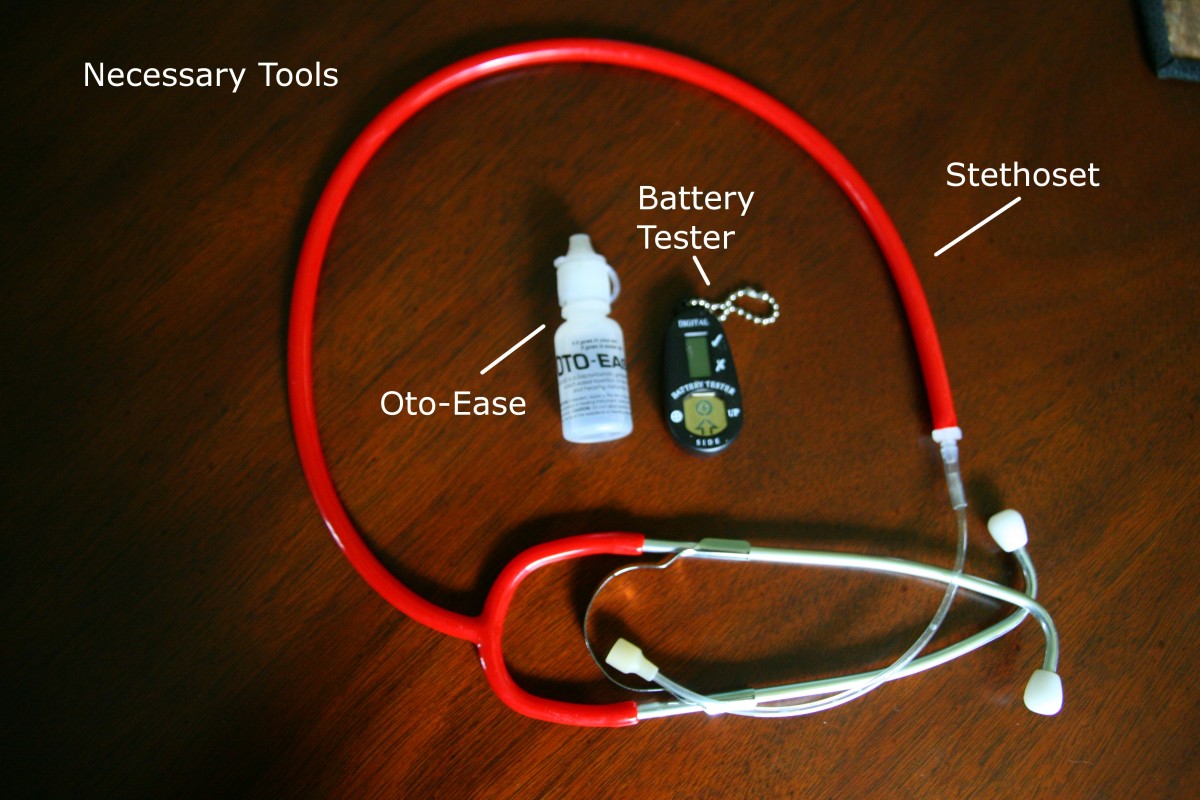Which Side of my Child will Appear Today? Childhood Bipolar Disorder
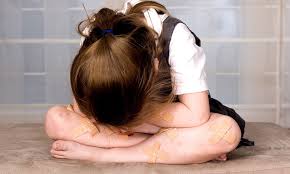
To Screen or Not to Screen
My Bipolar Child
We have a long history of Bipolar Disorder on both sides of our families. Of course, I didn’t think to screen my future husband’s family for mental illnesses when we were dating and he didn’t think to screen my family. To top that we were 15 and 17 when we started dating, I’m sure raging hormones were on our minds instead of other family member issues. Needless to say, on my husband’s side we have at least 4 family members with Bipolar Disorder and many others with significant anxiety disorders. On my side of the family we have at least two family members with Bipolar Disorder. We waited many years before we were married at the ages of 23 and 25. We had both finished some college and I was still in graduate school at that time. I didn’t feel ready for kids yet so it wasn’t until we were 31 and 33 that we had our first child. Two years later our second arrived.
Our second child was the wild one
There is one in every family, right. With two kids under two years of age, we were busy. My husband was working on building a new business and I just finished graduate school. It seemed that every time I turned around for even a minute my second was in trouble:
-climbing up onto the kitchen table and swinging the chandelier at 13 months
-spreading butter all over the tabletop
-rubbing diaper rash ointment into the carpet
-dashing across the street
-constant trouble causing behaviors
Climbing our of her crib
Click thumbnail to view full-size
When she learned to climb out of her crib, I cried.
Not because my youngest was leaving her babyhood, but because I didn’t know how I was going to keep her contained. It was a struggle. On one blustery January morning we woke to the front door standing wide open. Our daughter was in her bed and didn’t admit to opening the door in the middle of the night, our son did not open the door. She was 2 1/2. So we tried baby gates and locks on the doors to keep her safe.
These types of “risky” behaviors continued and of course because more significant and risky as she grew older. I’ve never been a proponent of the kid leashes, but my daughter needed one. I spent many times in the grocery store or hardware store, sitting in the middle of the aisle with a screaming kid until she calmed down, and leaving the store with nothing. We took parenting classes multiple times over the years, and while she would respond to some of the techniques, she didn’t learn from her past mistakes. But we stayed consistent and worked on discipline and rewards to improve behavior. By the time she was 7, things were totally out of control. She would have 2-hour tantrums, she wasn’t learning at school, and even little car trips ended in kicking and screaming tantrums in the backseat. Finally we put out 9-year old in the front seat and our 7 year old in the 3rd row so they couldn’t reach each other when in the car. (Illegal, right. This was at our counselor’s suggestion and it worked, so we did it, and somehow survived this stage of our kids’ lives). We took all, and I do mean all, of her toys away for weeks, and made her earn each one back one at a time by doing chores or good deeds around the house. I told the counselor that I thought she was in trouble at least 90% of the time at home. I wonder how that felt for her?
We got a referral to a child psychiatrist and school evaluations for ADHD. She was put on medication, which greatly helped her ability to learn. But her impulsiveness and mood remained problematic (perhaps it got worse, I don’t know). We were living day-to-day and hour-to-hour and just trying to survive. Over the next 5 years we worked with the psychiatrist regularly, a counselor religiously, and the school to assist in modifying her behavior. Finally, after extensive wait times she was diagnosed with Childhood Bipolar Disorder (she is now 12). This isn’t an easy diagnosis to make and is not one to make lightly. But we needed a diagnosis, in my opinion, so that we could get the appropriate school modifications, and also so that upon turning 18 she can continue to receive assistance if needed. I’m unsure about the teenage hormone years so come.
I can't tell you how many times I heard...
from a teacher, yes, well I don't like to do homework with my 6th grader either, it can be quite a battle. Well this teacher and parent has experienced nothing of the sort. Getting a teacher to understand the TRUE intensity and seriousness of these uncontrollable rages is quite difficult.
Sadie's Story
Recommendations for you, though no two kids with Bipolar Disorder are the same
- Advocate for your child, it doesn’t matter where you are, school, home, with family, in public. Defend them and educate others. You know what your child needs.
- Having a second caregiver in the house has made all the difference in the world, someone who can trade off child-time, give you a break, and/or attend to other children in the house.
- Create a support group of family, friends, or others who know how to handle your child’s needs and safety. This will help to provide needed breaks.
- Develop a mantra. Mine was “This too shall pass.” I repeated that to myself over and over sometimes hourly sometimes daily.
- Realize that you are not the cause of Childhood Bipolar Disorder, this is not a issue of bad parenting. It is a chemical imbalance. The parents are the people that the child lashes out at and to whom other people look to blame for the child’s behavior.
- Take care of yourself. Massages, calming music, books, take time out.
- Have some ready statements for others when peers or other adults ask questions about their behavior. For example “Yes, you are right, my child manipulates…we all do…but, for the most part, he is likely doing it to protect himself from his environment and to gain some control over his life. Can you imagine feeling out-of-control every instance of your life, including your emotions stemming from a brain disorder? Hopefully, as his moods are not cycling as much, my child can learn how to cope with his illness in a more effective manner.”
-
- Seek out community resources. Counselors, the police, teachers. Find them and use them.
- Always keep in mind the ability of your child. Do not ask them to do something that is beyond them. You would not ask a 4 year old to read to you just because they were the height of a 6 year old.
- Try to determine the cause of the behavior. If the child is being oppositional for no other reason that is one thing, but if they cannot cooperate that is another.
- Be super flexible and patient.
- Realize that your child may not have a typical perception of reality. This might seem like the child is lying, when they actually believe in what they are saying. This makes it difficult to rationalize with them. They may believe grand ideas about themselves or they might have delusions and/or hallucinations.
- Pick your battles. This is big time. Last year my daughter had tantrums every night when we tried to do her homework (two hour tantrums that turned into rages that involved self-harm activities). After a month of this, we decided that it wasn’t worth the battle. It was more important for her to be in school with her peers (and learning some social cues) than doing homework. That meant that her grades would drop, ok so they drop. This was definitely hard for me, but well worth it in the end. Nice self harm resource http://www.inourhands.com/skills-building/what-not-to-say-if-your-child-is-self-harming/
- Keep a journal and document behaviors, moods, sleep, etc. There are some mood chart apps available today that might work or you might just create your own journal. Whatever works for you. Kids say some amazingly profound things at times that show us pieces of their world and how they interpret their world. These snippets are important to write down. I use a fit bit to track my daughters sleep patterns. This is a bit tricky as she is very restless at night, but there are large blocks of time that show wakefulness then I know she was up for hours during the night. I can print off the patterns and show the doctors her sleep pattern in a more objective manner.
- Work with the psychiatrist to find the right medication. This is trial and error. Make medication changes one medication at a time. Wait a few weeks before making another medication change. We took my daughter off her stimulants, which scared me because her ability to learn had improved so dramatically on them. But her mood swings improved immediately and she stopped raging. For the first time in 5 years we were able to correct her and she would listen, perhaps cry and show remorse, and talk through the issue. This was HUGE!
- Lock up all medications and keep the key hidden (that can be even more difficult). In fact lock up anything that the child might use to harm themselves or others, knives, tools, cleaners, etc.
- Know how to potentially redirect a meltdown, and disengage to avoid confrontations. So if you can redirect the child in the beginning of an emotional meltdown you may avoid one altogether. Each child is different, so you will have to try different techniques to find the method that works for you. Disengaging is a way to stay calm yourself and avoid challenging the child (which makes this much worse and leads to rages). Maybe you have a special high protein snack that can be used in these situations to divert attention and to help ensure the child is not hungry (which can trigger meltdowns).
- Take 10. Take 10 deep breaths, walk around the house, leave the room, take time for yourself to keep calm. You are able to calm yourself, but the child hasn’t learned this yet. So one way to take charge is to be calm yourself.
- Help your child learn to transition. Give the child a 5-minute warning of when it is time to leave. Begin a schedule of the day so they know what is happening. Set a timer; be consistent and as structured as possible. A possible suggestion for a timer.
I think carrying a card with you that says something like....
“You are witnessing a rage (or other descriptor) episode of a child who has been diagnosed with Childhood Bipolar Disorder. We are handling this according to our mental health provider’s instructions. For more information on Childhood Bipolar Disorder please go to http://www.thebalancedmind.org/learn/library/parenting-an-unstable-child-with-bipolar-disorder “
These types of things have worked well for kids with Autism. Hand them out to anyone who is "looking" or trying to interfer with you.
Teen mental illness
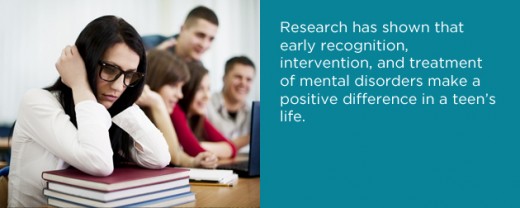
Summary
Being the parent of a Bipolar child is one of the most difficult and challenging parenting situations possible. Some call these parents Super Heroes, I don’t feel that way, but I do feel so very proud for every little step in the right direction. My daughter said last night, “I need to change my attitude towards some of the kids at school (the more popular kids) so they might like to be around me more often.” My heart breaks wide open at this and at the same time I realize that this profound statement shows me that she knows she can change her behavior towards other kids and they may change their behavior towards her, how very amazing.
References
http://ibpf.org/article/pediatric-bipolar-disorder-controversy-and-reality
This content is accurate and true to the best of the author’s knowledge and does not substitute for diagnosis, prognosis, treatment, prescription, and/or dietary advice from a licensed health professional. Drugs, supplements, and natural remedies may have dangerous side effects. If pregnant or nursing, consult with a qualified provider on an individual basis. Seek immediate help if you are experiencing a medical emergency.
© 2016 Kari Lane

